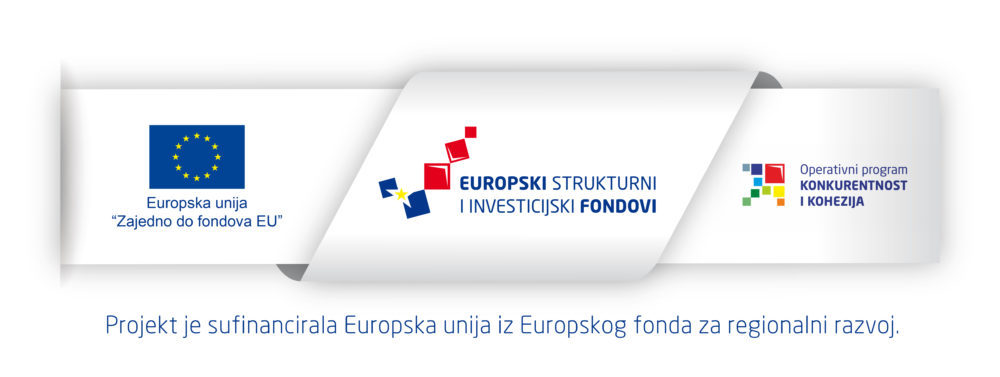
Project title: New path – the development of an innovative programme for social inclusion of the homeless
Project Goal
Implementing a series of activities that contribute to the psychosocial well-being of homeless people with the aim of including them in the best possible manner in community life and changing their social status.
Duration:
9 April 2020 – 9 April 2022
Competent authority:
The Ministry of Demography, Family, Youth and Social Policy, based on the invitation titled “Expanding the network of community based social services – Phase I”
Description:
Homelessness, by its difficulty and complexity, is one of the main societal problems. FEANTSA (European Federation of organisations working with the people who are homeless) has developed a typology of homelessness according to which basic types are defined – roofless, without a flat/house, uncertain and inadequate dwelling.
Two shelters operate at present, in the city of Rijeka – the Shelter of the Association “Oaza” and the Roses of St. Francis, which annually take care of about 100 various users. In addition, the City of Rijeka implements the Decision on providing necessary accommodation for use, which means the use of housing units in three locations, and users have at their disposal 180 housing units for about 400 people.
Although there is organised care of the homeless, there is still a practice and a tendency to find shelter for the homeless in temporary accommodation, while too little is being done about their integration.
Under the Social Welfare Act homeless people are defined as beneficiaries of social welfare, but social services, especially those in a broader sense, are relatively underdeveloped for this population, and both shelters and emergency accommodation facilities are being converted into permanent accommodation. The experiences of employees indicate the need to hire additional staff, highlight high exposure to professional stress and the need for additional education and supervision. A significant problem is a stigmatising attitude towards the homeless and a lack of awareness of the public which perceive homelessness as an undesirable social problem and want it to be solved, while at the same time they stigmatise the homeless.
Key activities:
- Reconstruction and equipment of the premises of emergency accommodation of the City of Rijeka and the establishment of the Homeless Support Centre which will enable users in the Rijeka area easier access to social services.
- Launching a follow-up programme with the aim of strengthening homeless people with knowledge and skills, in order to be actively involved in community life and change their social status. The programme will be implemented by a newly formed mobile professional team, at three locations. It consists of psychosocial support, educational workshops, and assistance in school obligations for children from emergency accommodation. The realisation of a theatre play forms an important part of the new programme.
World experience shows that participation in art programmes is a very effective way to strengthen marginalised groups. Through the experience of preparing the play, participants will acquire skills, work habits and new knowledge, and gain trust and social connections. At the same time, challenges are posed to the audience, with the aim of increasing awareness and sensitisation.
It is estimated that 80 homeless people will take part in the FollowUp Programme, members of the first project target group who have expressed interest in taking part in its implementation and who will leave the project strengthened, all in order to change their social status in society. - Campaign aimed at raising awareness – 2 round tables, 2 public forums, closing events, printing of the Guide for the homeless.
- Strengthening the capacity of professionals – for 15 professionals, members of the 2nd target group, additional education will be provided through various courses and study tours as well as continuous supervision during implementation. Through the project, they will improve their competencies enabling them to strengthen their roles, with the aim of developing services.
Budget:
Total project value: HRK 1,483,984.74 (100% co-financed under EU funds)
Financed under:
Structural Funds – European Social Fund – Operational Program Efficient Human Resources 2014-2020
Partners
- City of Rijeka (lead partner)
- Rijeka Social Welfare Centre
- Association for the Homeless and Socially Vulnerable People “Oaza”
- Homeless Shelter “Roses of St. Francis“
Contact person for more information
Maja Pudić
Department of Health and Social Welfare
Korzo 16, Rijeka
Tel: 051 209 362

